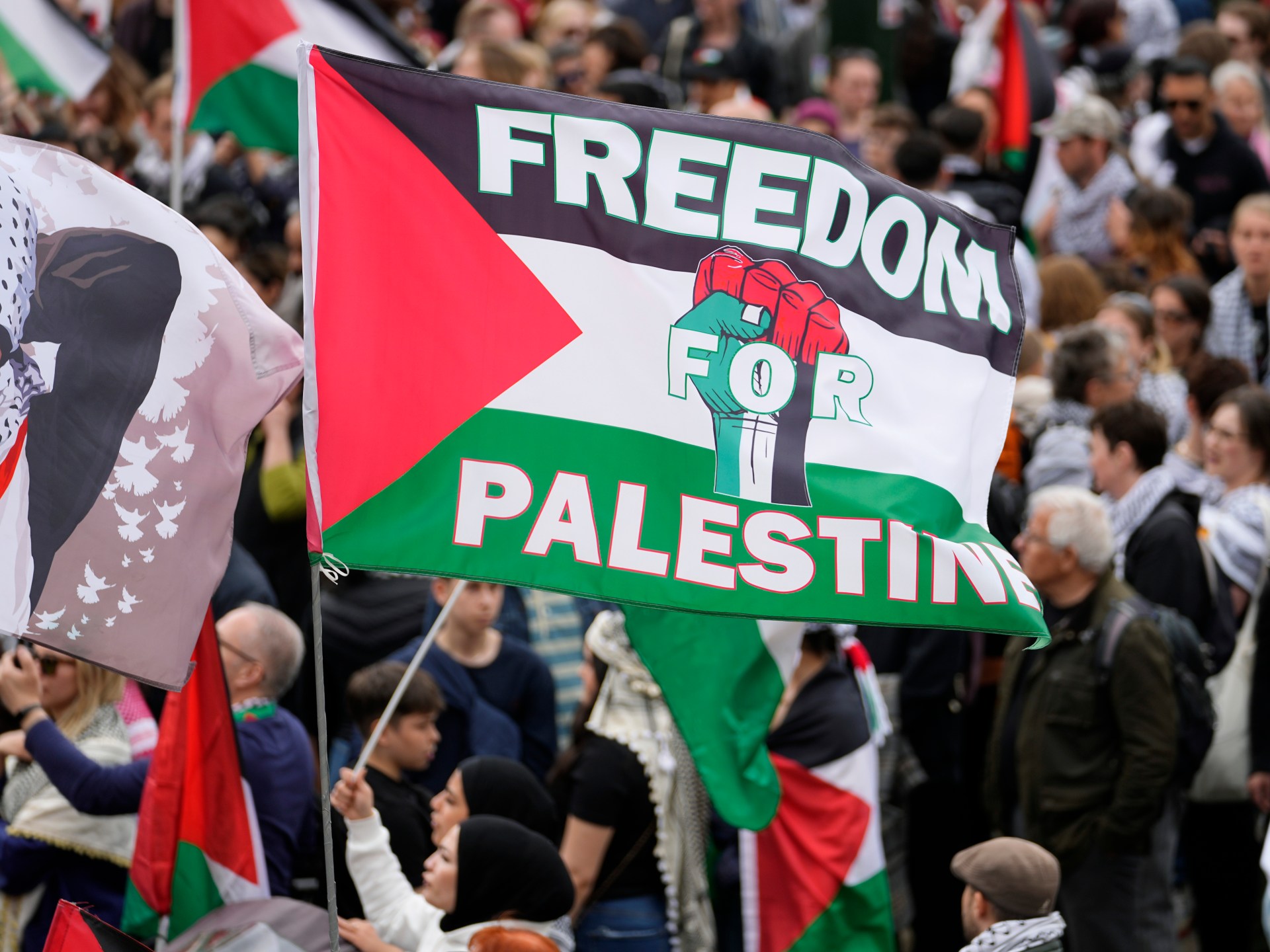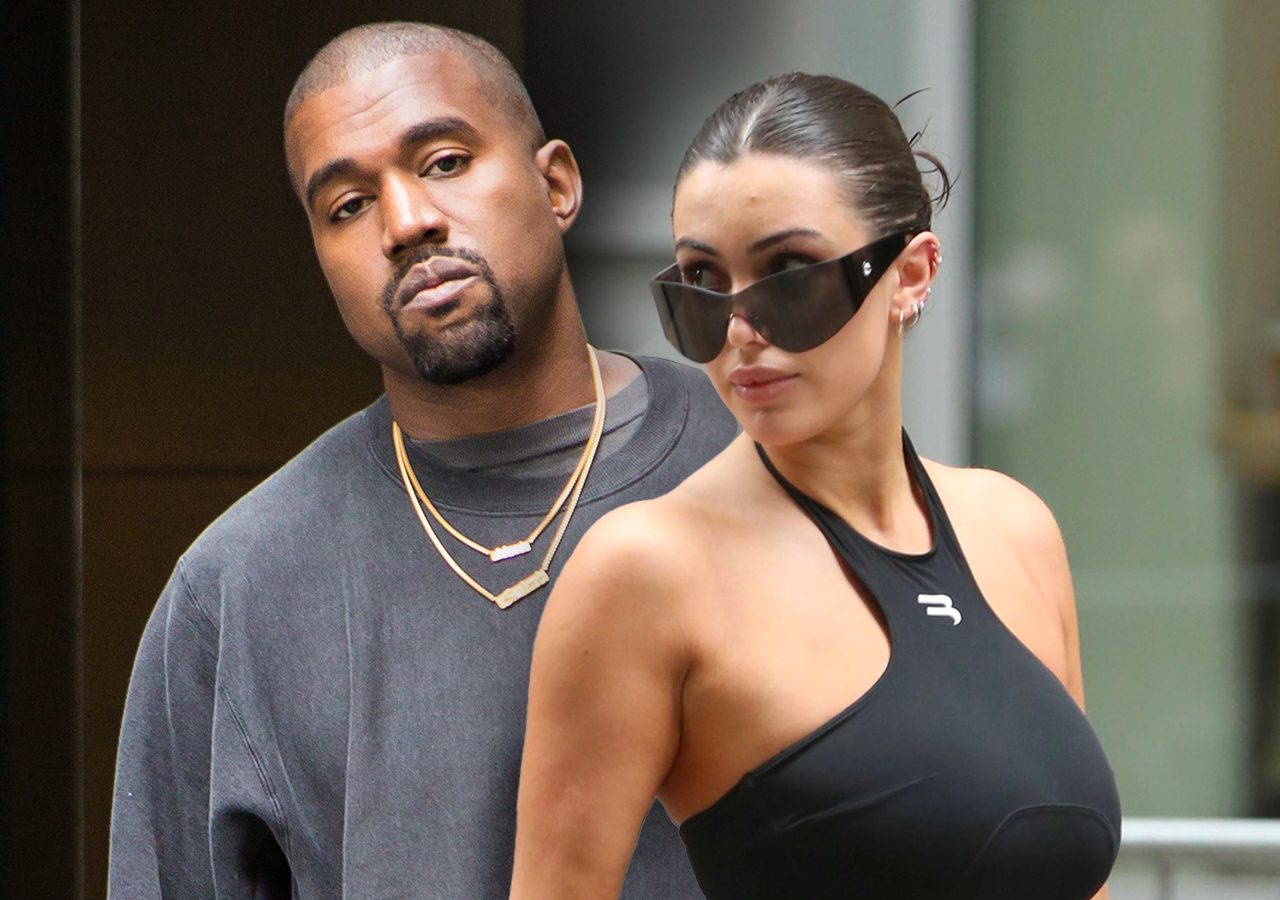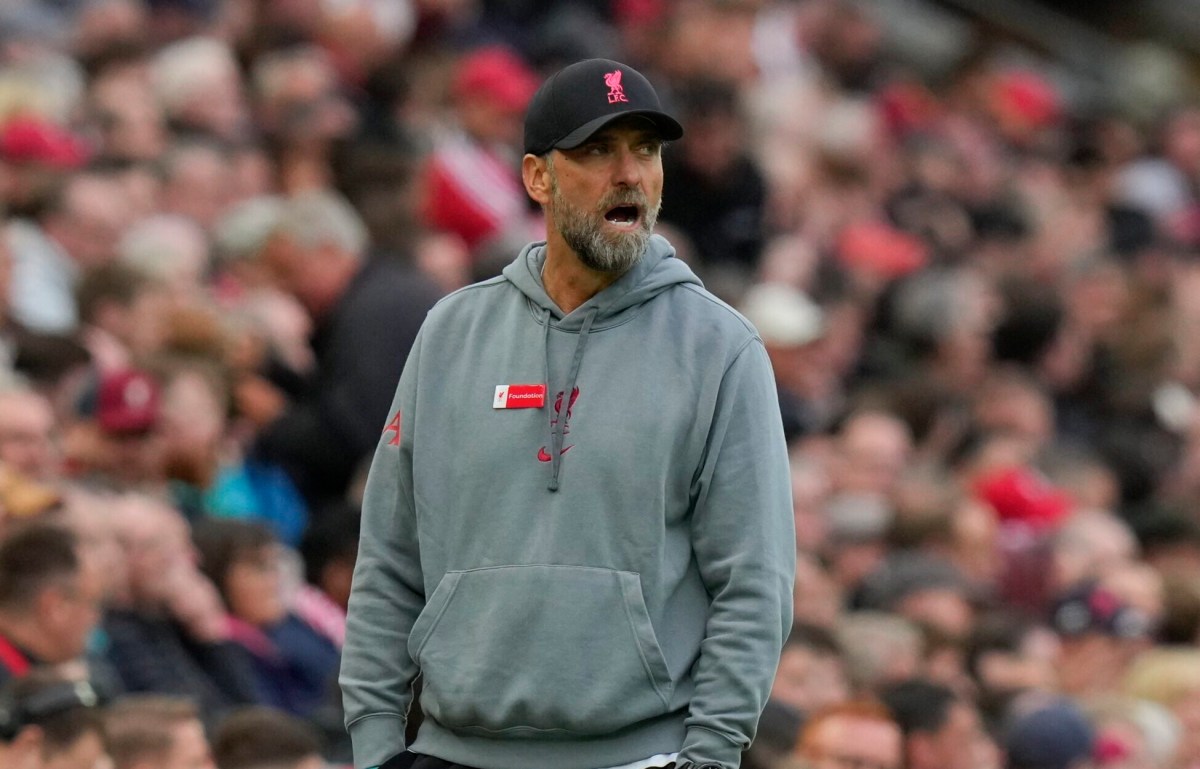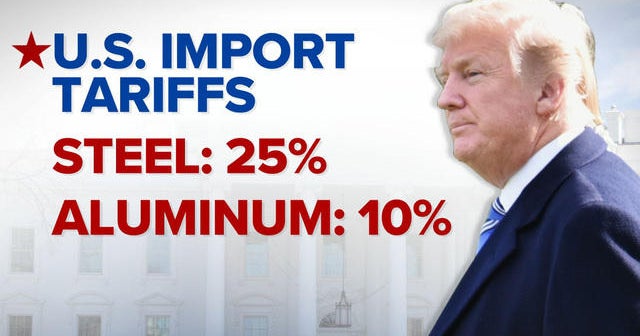Spanish TV Network Demands Discussion: Israel's Eurovision Participation

Table of Contents
The Spanish Network's Stance and its Rationale
Televisión Española (TVE), Spain's public broadcaster, has become the focal point of a significant controversy surrounding Israel's Eurovision participation. Their official statement, released earlier this week, calls for a thorough discussion about the appropriateness of Israel's continued presence in the contest. TVE's key arguments center on concerns regarding the political neutrality of Eurovision, a principle they feel is compromised by Israel's participation.
Their arguments against Israel's participation include:
- Allegations of human rights violations: TVE cited ongoing concerns about human rights abuses against Palestinians in the Israeli-occupied territories. They emphasized the discrepancy between the image of unity projected by Eurovision and the reality of the Israeli-Palestinian conflict.
- The occupation of Palestinian territories: The network directly linked Israel's participation to the ongoing political conflict, arguing that its presence overshadows the event's intended message of peace and collaboration.
- Concerns about the political neutrality of Eurovision: TVE expressed anxieties that the inclusion of Israel undermines the supposed non-political nature of the Eurovision Song Contest, leading to accusations of bias and unfairness.
While no direct quotes from TVE representatives are publicly available at this time, the statement's strong tone indicates a significant shift in the network’s stance on the issue. Given TVE's influence and reach across Spain, their call for a discussion carries considerable weight within the Eurovision community and beyond.
Counterarguments and Defenses of Israel's Participation
Conversely, many argue that Israel's right to participate in Eurovision should remain unquestioned. Proponents highlight several key points:
- Eurovision as a non-political event: Supporters contend that Eurovision is, at its core, a celebration of music and artistry, and attempts to politicize the event undermine its fundamental purpose. The competition's rules ostensibly prohibit overt political messaging.
- The right to artistic expression: Denying Israeli artists the opportunity to participate would be a violation of their fundamental right to artistic expression and international collaboration.
- The importance of cultural exchange: Eurovision serves as a platform for cultural exchange and understanding between diverse nations. Excluding Israel would limit this exchange and perpetuate division.
Israeli artists and Eurovision fans have voiced their frustration with the ongoing debate, emphasizing the importance of art transcending political divides. Several other European broadcasters have also expressed their support for Israel’s continued participation, underscoring the potential for division and fracture within the Eurovision family if a country were excluded on political grounds. The potential consequences of excluding Israel include setting a precedent that could lead to the exclusion of other countries based on political disputes, ultimately threatening the unity and universality of the Eurovision Song Contest.
The Broader Context: Politics and Eurovision
The debate surrounding Israel's Eurovision participation is not unprecedented. Throughout its history, Eurovision has faced numerous political controversies. From boycotts and protests to song lyrics interpreted as having political undertones, the contest has often struggled to maintain a strict separation between art and politics. This delicate balance requires careful navigation by the European Broadcasting Union (EBU), the governing body responsible for the event. The EBU's role in managing such controversies is crucial; their decisions regarding rule interpretations and handling of protests directly influence the event's perception of neutrality.
The impact of boycotts and protests can be profound, potentially impacting the event's integrity, viewership, and international standing. Each case of political controversy necessitates careful consideration of its implications for the future of the competition.
The Impact on Public Opinion and Social Media
The debate surrounding Israel's Eurovision participation has ignited a firestorm on social media. Hashtags like #EurovisionDebate, #IsraelEurovision, and #EurovisionPolitics have become focal points for expressing a wide range of opinions. The discussion is highly polarized, with strong opinions expressed on both sides. Social media platforms have become battlegrounds where supporters and opponents clash, illustrating the significant public interest and the emotional intensity surrounding this complex issue.
Conclusion
The debate surrounding Israel's Eurovision participation highlights the inherent complexities of balancing artistic expression with political realities in international events. TVE's demand for discussion reflects a growing concern about the perceived political neutrality of Eurovision and the potential impact of including a country embroiled in significant political conflict. While proponents of Israel's participation emphasize the importance of artistic freedom and cultural exchange, opponents highlight concerns about human rights and the potential for politicizing the competition. The long-term consequences of this controversy remain to be seen, but its impact on the future of Eurovision and the intersection of politics and art in international events is undeniable.
The debate surrounding Israel's Eurovision participation is far from over. Join the conversation! Share your thoughts on whether Israel should continue participating in the Eurovision Song Contest. Let's discuss the implications of this controversy and its effects on the future of Israel's Eurovision participation. #EurovisionDebate #IsraelEurovision #EurovisionPolitics

Featured Posts
-
 The Kanye West Bianca Censori Relationship A Power Imbalance
May 14, 2025
The Kanye West Bianca Censori Relationship A Power Imbalance
May 14, 2025 -
 Sean Combs From Grammy Wins To Legal Battles A Complete Timeline
May 14, 2025
Sean Combs From Grammy Wins To Legal Battles A Complete Timeline
May 14, 2025 -
 Liverpool To Pay E60m Imminent Transfer Confirmed
May 14, 2025
Liverpool To Pay E60m Imminent Transfer Confirmed
May 14, 2025 -
 Trump Administration Tariffs And Their Effect On Fintech Ipos The Afrm Case
May 14, 2025
Trump Administration Tariffs And Their Effect On Fintech Ipos The Afrm Case
May 14, 2025 -
 Analyzing The Branding Power Sinners Fox Logo Vs Federers Rf
May 14, 2025
Analyzing The Branding Power Sinners Fox Logo Vs Federers Rf
May 14, 2025
